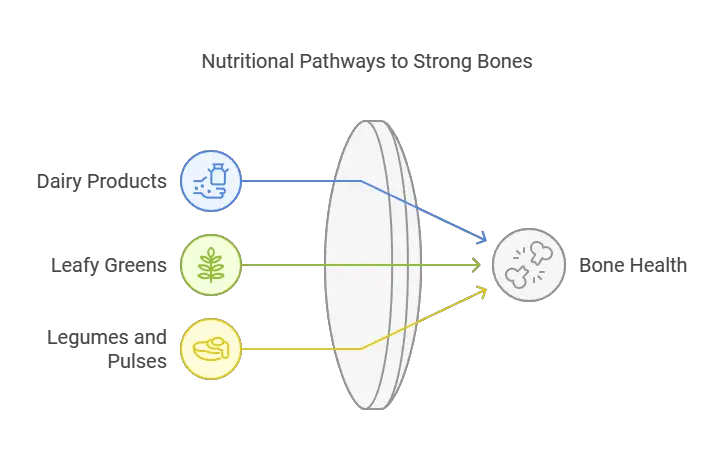How Seniors Can Manage Joint Pain and Bone Health During Winter
Winter can be challenging for elderly individuals, especially for those dealing with joint pain and bone-related issues. With the right strategies, maintaining bone health and managing joint discomfort during colder months is achievable.

Why Winter Affects Bone Health
Colder weather often brings about increased stiffness and discomfort in joints, particularly for those with arthritis or osteoporosis. Reduced physical activity, limited sunlight exposure, and dietary insufficiencies during winter can exacerbate these issues. Addressing these challenges proactively is crucial for seniors to stay healthy and active.
Essential Nutrients for Strong Bones
Maintaining a diet rich in calcium and vitamin D is fundamental for bone health. Here are key points to consider:
- Calcium: This mineral is critical for building and maintaining strong bones. Dairy products like milk, yogurt, and cheese are excellent sources. For those who are lactose intolerant, alternatives such as almond milk, soy milk, and fortified cereals are recommended.
- Vitamin D: Vital for calcium absorption, vitamin D can be obtained from sunlight. During winter, when sunlight exposure is limited, supplements may be necessary to meet the daily requirement of 800 IU for seniors. Consult your doctor before starting any supplementation.
Top Foods for Bone Health

Incorporating the following foods into your diet can help maintain bone strength:
- Dairy Products: Milk, yogurt, and cheese.
- Leafy Greens: Kale, broccoli, spinach, and okra are rich in calcium and other essential nutrients.
- Legumes and Pulses: Chickpeas, soya beans, and green grams are excellent plant-based sources of calcium.
The Role of Supplements
For seniors struggling to meet their nutrient requirements through diet alone, supplements can be beneficial. Here are some options:
- Calcium Supplements: Look for supplements enriched with magnesium, zinc, copper, manganese, and boron.
- Vitamin D3: A weekly dose of vitamin D3 can help maintain optimal levels during winter.
Always consult your healthcare provider before starting any supplementation regimen.
Physical Activity for Bone and Joint Health
Regular physical activity is as important as diet for maintaining bone strength. Seniors should engage in exercises that suit their physical condition and fitness levels. Recommended activities include:
- Weight-Bearing Exercises: Activities such as walking, jogging, and resistance training help improve bone density.
- Yoga: Enhances flexibility and strengthens joints, reducing the risk of falls and injuries.
These exercises not only promote bone health but also improve overall well-being.
Managing Arthritis and Joint Pain
Winter can aggravate arthritis symptoms, making it essential to adopt strategies to alleviate discomfort:
- Keep joints warm by wearing thermal clothing.
- Use heat packs to relieve stiffness.
- Maintain a regular exercise routine to keep joints mobile.
When to Seek Medical Advice
If joint pain or bone health issues persist despite following these tips, it is important to consult a healthcare professional. Early intervention can prevent complications and ensure effective management.
Conclusion
By focusing on a nutrient-rich diet, engaging in regular physical activity, and consulting with healthcare providers for supplements and advice, seniors can effectively manage bone health and joint pain during winter. For more detailed information, visit Healthline or consult your doctor for personalized guidance.

